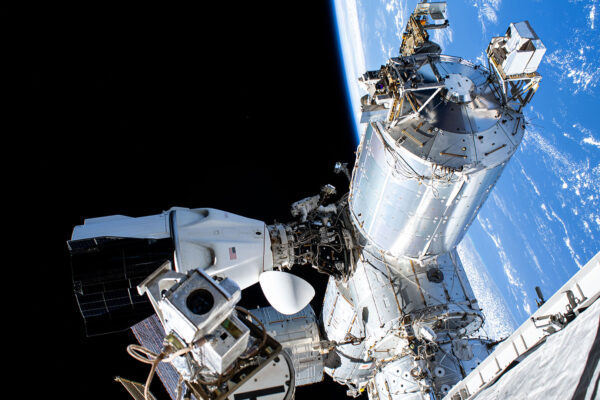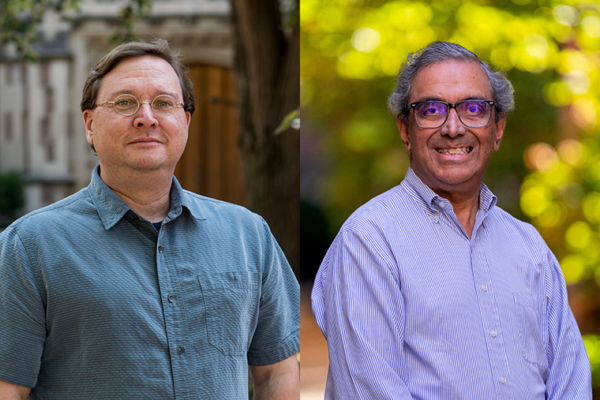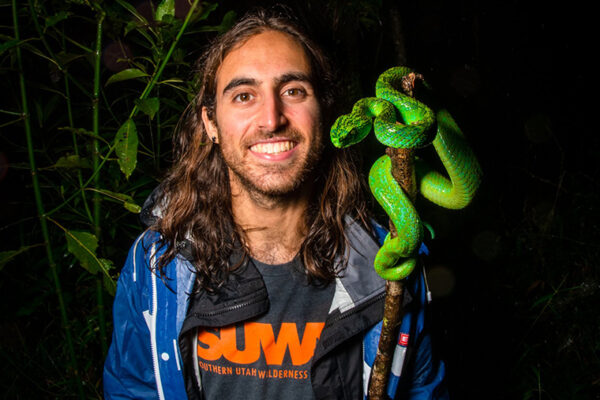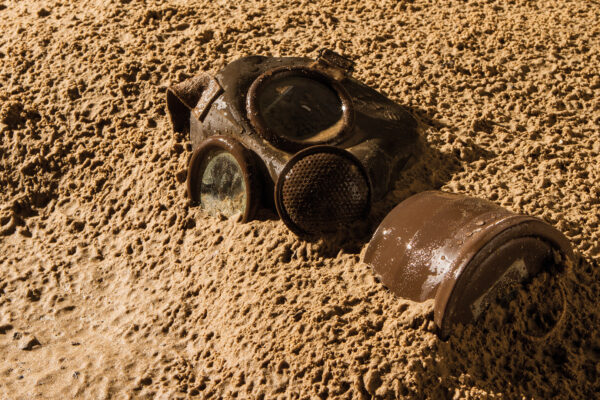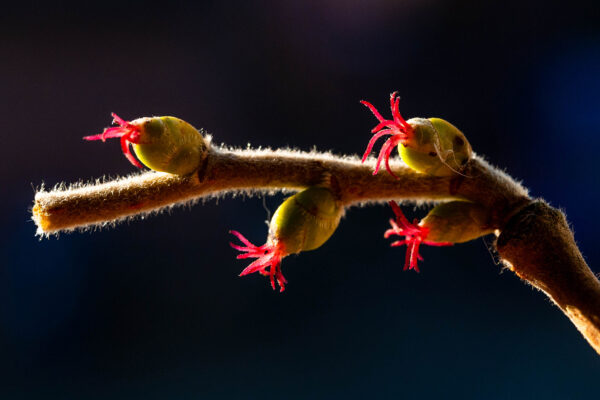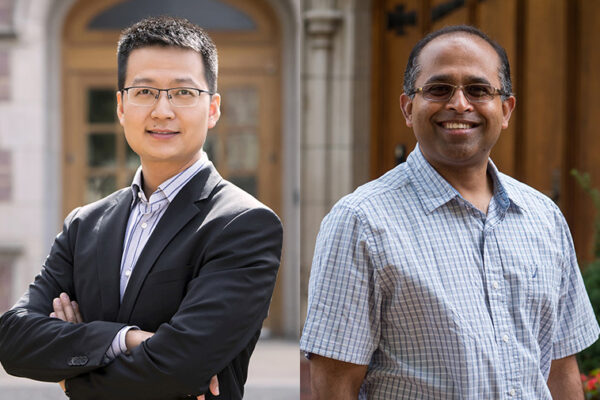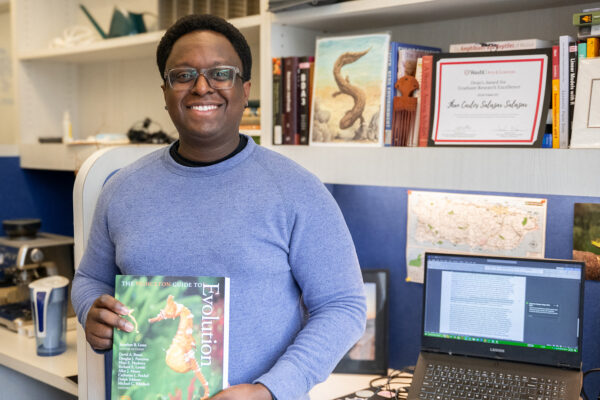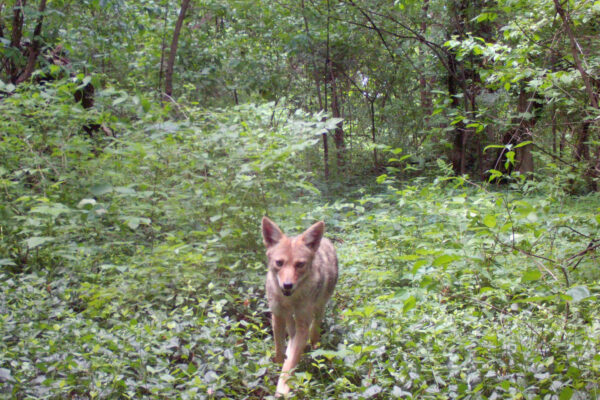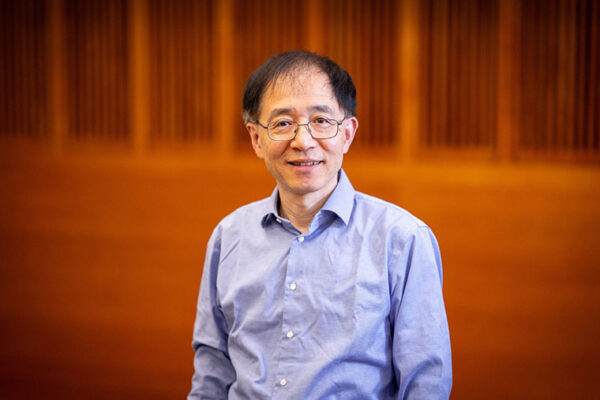The disruptions of daylight saving time
A one-hour adjustment to the clock on the wall may not sound dramatic. But our biological clock begs to differ, according to biologist Erik Herzog in Arts & Sciences.
WashU-led astrophysics mission lands its spot on space station
The Trans-Iron Galactic Element Recorder for the International Space Station (TIGERISS) was officially assigned an attachment location on the Columbus laboratory module of the International Space Station. This location assignment is a milestone on the path to a targeted 2027 launch date, researchers said.
Jez, Pakrasi named fellows of biochemistry society
The American Society for Biochemistry and Molecular Biology named Joseph Jez and Himadri Pakrasi in Arts & Sciences as fellows in recognition of their research, education, mentorship and service to the scientific community.
Helping herps in Central America
Tasman Ezra, a graduate student in biology in Arts & Sciences at Washington University in St. Louis, founded a conservation organization dedicated to conserving reptiles, amphibians and their habitats in Honduras.
WashU to develop new tools for detecting chemical warfare agent
Chemists in Arts & Sciences at Washington University in St. Louis have received a $1 million contract from the Defense Threat Reduction Agency to develop a quicker way to detect mustard gas and prevent exposure.
Lady in red
Research from biologist Susanne Renner in Arts & Sciences reveals the function of red stigmas in wind-pollinated flowers.
Academy honors two university faculty
Two WashU faculty members will receive Outstanding St. Louis Scientist awards: battery engineer Peng Bai, at the McKelvey School of Engineering, and biologist Ram Dixit, in Arts & Sciences.
Jhan Carlos Salazar
WashU biology graduate student Jhan Carlos Salazar, in Arts & Sciences, has made high-impact — and high-altitude — discoveries about the adaptations of lizards in his home country of Colombia. He works with Jonathan Losos, the William H. Danforth Distinguished University Professor.
Coyote genes may show urban evolution at work
A new study by Elizabeth Carlen, a postdoctoral fellow with the Living Earth Collaborative at WashU, outlines the ways by which city life may be shaping the evolution of urban coyotes, the highly adaptable carnivores spotted in alleyways from Berkeley, Calif., to the Bronx, in New York.
He named editor of prominent statistics journal
Xuming He, chair of the Department of Statistics and Data Science in Arts & Sciences, has been appointed joint editor for the Journal of the Royal Statistical Society – Series B (Statistical Methodology), one of the most important journals in statistical science worldwide.
View More Stories

